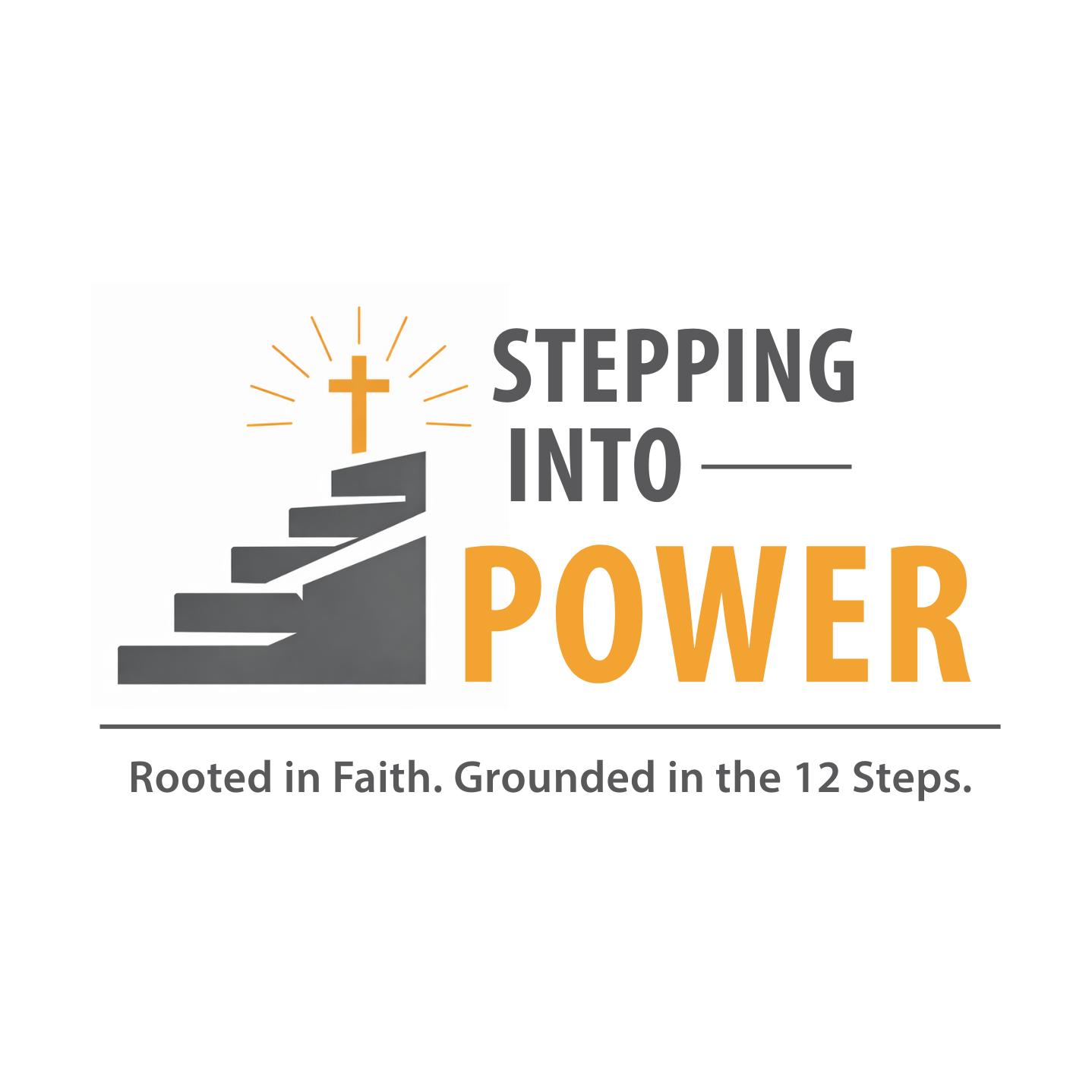STAY CONNECTED
Never miss a new post! Receive our latest blogs, recovery insights, and updates from The Dunamis Initiative right in your inbox.
In my new book, Dissecting the Prayers and Promises of AA, we do a deep dive into the history of prayer and meditation in Alcoholics Anonymous. Many prayers are used in AA, but unfortunately, many people simply repeat them without thinking about what they are saying or why. The purpose of this new book is to bring deeper meaning and value to the prayer life of folks seeking to get and stay sober. A robust and fulfilling life after addiction means reconnecting to their Creator. Prayer is, of course, an essential tool in this journey.
We spend a whole chapter discussing meditation, and here’s a sample:
“The idea of meditation as it relates to working through a newly acquired sobriety is to slow down that constantly spinning hamster wheel to allow a sense of momentary peace and serenity. Even if we are only able to accomplish serenity for just a couple of minutes a day, there are all kinds of benefits awaiting us, especially for those seeking to recover from the seemingly hopeless state of mind we experience in the depths of addiction. As was said earlier, mind, body, and spirit all can benefit from this exercise. Anxiety and depression are well addressed with meditation in addition to counseling and/or medication or as a stand-alone therapy. It also has proven benefits supporting and improving cognitive function, especially as we age. Additionally, blood pressure, immune function, chronic pain, and many inflammatory conditions can all be shown to improve with a meditation discipline.
While those are life-changing mental and bodily benefits, the improved relationship with the Holy Spirit is where transformational changes can be most pronounced. For all the benefits of prayer, we aren’t wired to talk and listen at the same time. Old-school sages in AA will tell you, ‘Prayer is when you talk to God, and meditation is when you shut up and listen.’ The Bible seems to agree:
‘Be still, and know that I am God.’ Psalm 46:10
Like we said, our minds love to keep active – moving at 100 mph at all times. It’s just a theory of mine, but I wonder if all that activity might just be Satan doing this to us to keep us separated from regular connection to God’s Spirit. If our brain is constantly full of thoughts of our own creation and we convince ourselves that they are not only important but absolutely true, we can’t really be open to the wisdom of God. Satan loves it when he can get us to focus on all the false idols society wants to dangle in front of us. Advertisers and social media do a great job of suggesting new things we ‘need’ or standards we simply cannot live up to and that everyone else seems to be doing. It’s all a bunch of lies told to separate you from your money. Few of us go through this flood of information without the wounds of feeling somehow we are not ‘good enough,’ and that is exactly what advertising wants you to feel. We simply do better at hearing our Heavenly Father’s loving voice when we slow down the stream of our own thoughts.”
(From Chapter 3: What About Meditation?)
As churches move toward increasing their relevance to the people they serve, mental health, including addiction, will necessarily need to be addressed. When Jesus entered a new city, he started healing people, and then a community of followers formed around them. Many churches have found the people they helped recover from addiction to be on fire for Christ. Their gratitude cannot be contained.
Buy a few copies of the new book for the people you know (or will soon meet) in recovery! Their prayer life will be greatly enriched.
STEPPING INTO POWER SERIES
A Christ-centered walk through the 12 Steps—explored one step at a time.
The 12 Steps aren’t about shame. They’re about freedom.
Stepping Into Power is a faith-based 12-step recovery series that explores one step each month through short videos, guided reflection, and resources rooted in recovery wisdom and spiritual truth.
Available Video Content:
Series Intro: Faith-Based Recovery Through the 12 Steps
Step 1: Surrender

